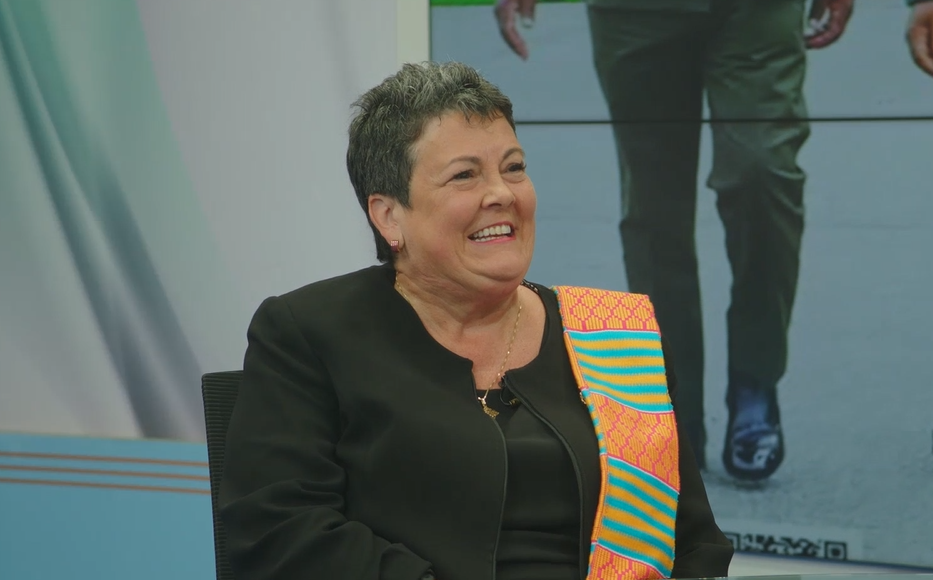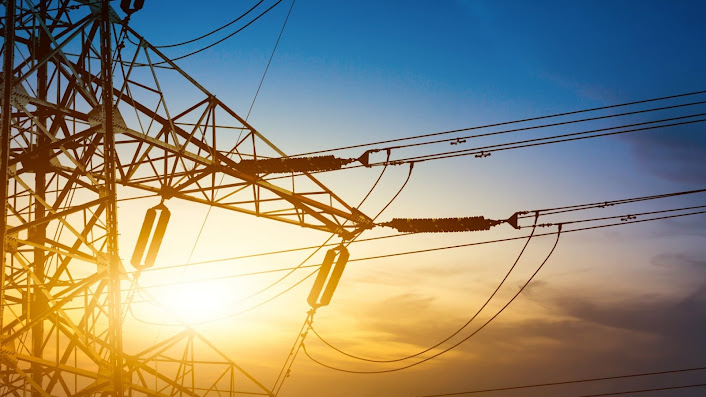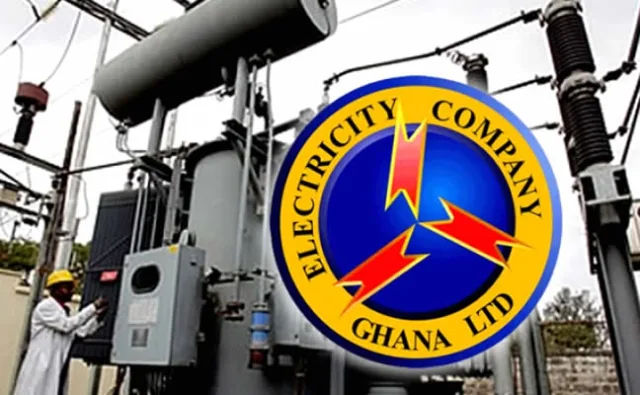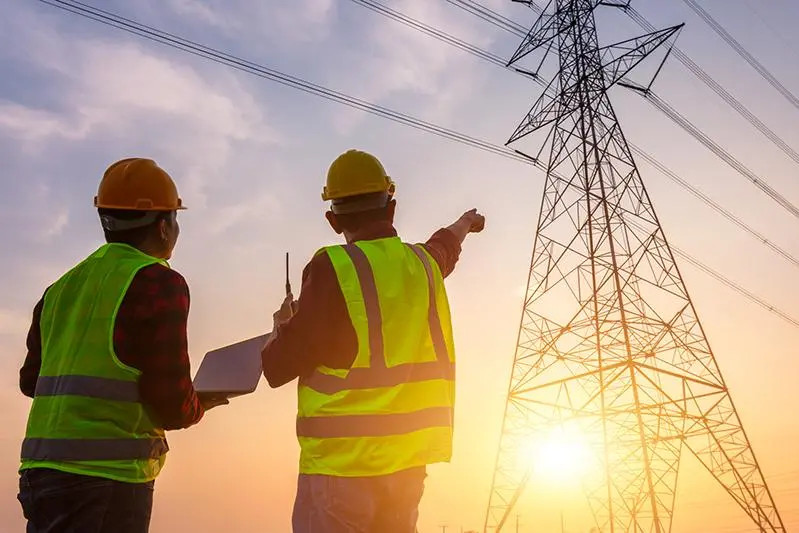Ghana’s electricity distribution sector, long hindered by inefficiencies and financial losses, is once again under scrutiny as efforts intensify to reinstate the $190 million Millennium Challenge Corporation (MCC) grant.
The grant, originally part of the $316 million Ghana Power Compact, was designed to enhance efficiency within the sector but was terminated in 2019 following the cancellation of the concession agreement between the Electricity Company of Ghana (ECG) and Power Distribution Services (PDS).
The need for sustainable reforms in Ghana’s energy sector has prompted renewed discussions, with outgoing U.S. Ambassador to Ghana, Virginia Palmer, expressing support for Ghana’s bid to secure the reinstatement of the grant.
Ambassador Palmer highlighted the importance of the Millennium Challenge Compact, emphasizing that Ghana had initially been viewed as a model beneficiary for the program.
“President Mahama, who was there for the beginning of that compact, told me when he was still a candidate that that was one of his priorities.
“And, indeed, while he was still a candidate, he went and had meetings at the Millennium Challenge Compact, which I was very happy about, and I did too.”
Virginia Palmer, outgoing U.S. Ambassador to Ghana
She further lamented the cancellation of the third tranche of the grant, underscoring the urgent need for reforms at ECG to ensure financial sustainability.

“The financial viability of ECG is critical. ECG is bleeding your exchequer, and it’s bleeding it more than we previously estimated.
“While we initially projected losses of $1.4 billion annually, the Finance Minister later indicated that losses had escalated to $2.2 billion per year essentially the equivalent of Ghana’s entire IMF program.”
Virginia Palmer, outgoing U.S. Ambassador to Ghana
Earlier this year, President John Dramani Mahama reaffirmed his commitment to reopening discussions with the MCC, citing Ghana’s struggling energy sector as the Achilles’ heel of the nation’s financial and economic stability.
Ambassador Palmer insisted, “Ghana should be a poster child for the Millennium Challenge Compact,” reflecting on the challenges faced in recent years.
The Ghana Power Compact, initially signed in 2014, was designed to improve the efficiency and governance of ECG, reduce losses, and enhance reliable electricity access.
However, its termination in 2019 deprived the country of critical funds for power sector reforms, leading to mounting financial challenges.
Key Reform Measures Necessary

One of the primary conditions for securing a future MCC compact is comprehensive reform of ECG, a point echoed by Ambassador Palmer and President Mahama.
Ghana must demonstrate the financial viability of its electricity utility to qualify for renewed MCC support.
“A reform of ECG would put Ghana in a good place to benefit if there were to be any kind of power compact. It’s almost like a precondition.”
Virginia Palmer, outgoing U.S. Ambassador to Ghana
ECG’s ongoing financial deficits pose major risks to Ghana’s fiscal health, prompting widespread calls for structural reform.
Ambassador Palmer noted, “I was pleased to see President Mahama announce a panel to evaluate ECG and what reforms are necessary. I look forward to seeing the results of that study.”
According to economic analysts, ECG’s massive losses at the electricity pole level and billing systems represent one of the biggest drains on Ghana’s public finances.

“Reforming ECG is not just about securing an MCC grant it’s a necessity for Ghana’s economy.”
Virginia Palmer, outgoing U.S. Ambassador to Ghana
As Ghana looks to restore financial stability in its energy sector, there is growing consensus that reforming ECG and improving governance must be top priorities.
The reinstatement of the MCC grant would provide a much-needed financial boost and technical support to enhance the country’s power distribution system.
President Mahama has pledged to work closely with MCC officials to explore opportunities for a new compact, ensuring that Ghana meets the necessary criteria for future funding allocations.
While the form of the next MCC agreement remains unclear, there is agreement that strengthening ECG’s financial management is essential for Ghana’s energy sector to thrive and attract new investments.
Ghana’s bid to reinstate the $190 million MCC grant reflects the urgent need for energy sector reforms. Beyond securing foreign funding, addressing ECG’s inefficiencies and reducing financial losses are critical steps in ensuring long-term stability for the country’s electricity distribution system.
With continued efforts from the government, international partners, and private stakeholders, Ghana could once again qualify for MCC support, propelling its energy sector into a more sustainable and efficient future.
READ ALSO: Equities Tread Water as Policy Rate Remains at 28%, Financial Analyst Warns





















